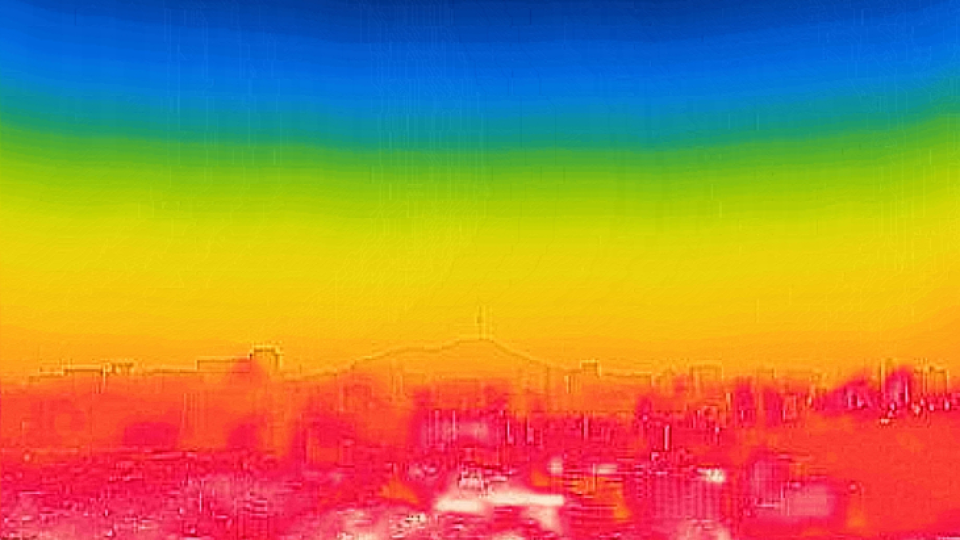July 9, 2025
SEOUL – South Korea is on track to experience one of the most intense summer heat waves in recorded history, with meteorologists warning that temperatures could soar beyond 40 degrees Celsius.
After heat wave advisories were upgraded to warnings in most parts of the country from Monday morning, Seoul saw temperatures reach as high as 37.1 C on Tuesday, the highest July temperature since national data collection began in 1908.
Cities such as Gwangmyeong and Paju in Gyeonggi Province also saw daytime highs of 40 C on Tuesday.
While both cities saw temperatures exceed 40 C in August last year, it was the first time such high temperatures were recorded in July, according to data from the Korea Meteorological Administration.
Heat wave warnings in Korea are issued when the highest apparent temperature is expected to exceed 35 C for two or more consecutive days.
While Tuesday and Wednesday were forecast by the KMA to be among the hottest days in recent weeks, news of exceptionally high temperatures is nothing new.
According to a monthly climate report released by the KMA on July 3, the nationwide average temperature in June reached 22.9 C — the highest since the figure was first recorded in 1973. June’s average temperature surpassed the previous all-time high of 22.7 C set just last year.
“Korea is seeing heat waves a lot earlier than usual this year, due to southwesterly winds bringing warm air to the peninsula. These winds, fueled by a high-pressure system, continue to bring in an influx of hot and humid air, resulting in widespread, prolonged heat waves and tropical nights,” KMA official Woo Jin-kyu told The Korea Herald.
Woo added that this year’s monsoon season was “rather dry.”
“The monsoon season arrived earlier than usual this year and is also predicted to end a lot earlier than previous years,” said Woo. As monsoon season was officially declared to have ended on July 3, the KMA announced that it was the second-shortest monsoon on record. “The rain this year was largely ineffective in bringing down average temperatures. After some initial downpours, the rest of the season remained largely dry with only light showers.”
Meteorologists say the shortened monsoon season could mean even longer and more intense heat waves than last summer, noting that the timeline for extreme heat appears to have shifted forward by a month.
“In 2018, which is recorded as one of the hottest summers on record, Korea also saw an early end to the monsoon season, followed by unprecedented heat. The weather patterns observed up until now are very similar to those observed in 2018,” meteorologist Gong Sang-min told The Korea Herald.
In 2018, temperatures in Hongcheon, Gangwon Province, reached as high as 41 C, while Seoul saw temperatures of up to 39.6 C. The national average number of heat wave days totaled 31, which remains the highest to date.
“With weather records in terms of high temperatures already broken, we cannot rule out the possibility of temperatures exceeding 40 C again,” Gong added. “The early end to the monsoon season only raises the likelihood of prolonged summer heat.”


